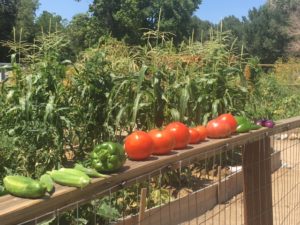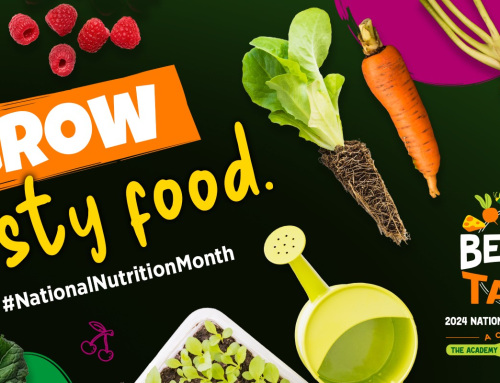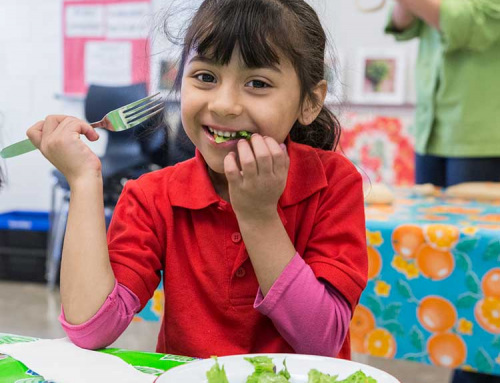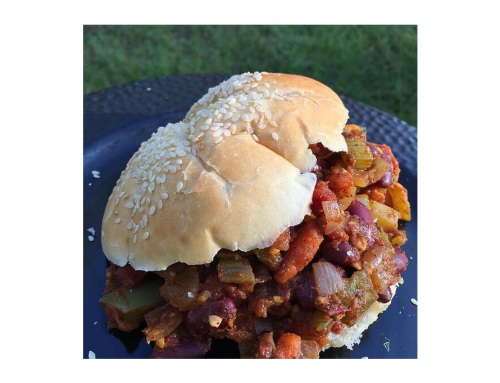Now that summer has ended and the nights are getting cooler, the production in my garden is starting to wane. The tomatoes are not getting their deep red blush and the squash are taking longer to come off the vine. In the matter of a few weeks, my garden went from producing much to producing very little.
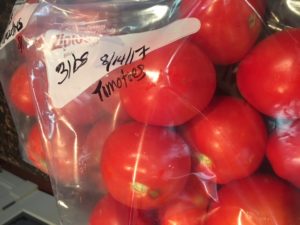
The change in my garden abundance had me thinking and left a nagging feeling about food waste. I wondered, why is food waste such an important topic, what does it impact, who does it impact, and how can it be reduced?
I did a little research and learned food waste has been a challenge for decades. In UC Food Observer blog is an article by Rose Marie Hayden-Smith on food waste being an ethical and environmental issue. She explained that during WWI, the US government promoted Victory Gardens to help feed our citizens. So, the idea of eating local is not a new trend but one that has been around for some time now. So how does food waste come into play?
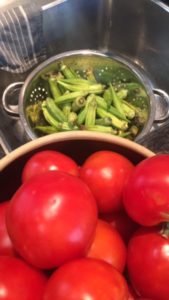
In agriculture, like my garden, food is grown and raised to be consumed. The challenge arises when all the produce ripens at the same time, like my tomatoes. So I wonder, how can I reduce my food waste?
The UC Cooperative Extension (UCCE) has two great volunteer programs that teach how to best garden, the Master Gardener program, and how to safely preserve food, the Master Food Preserver program. Being a part of these two programs, as well as being a UCCE Nutrition Educator, has provided me with the skills and knowledge on how to reduce food waste in my own kitchen. For example, I’ve learned how to thin my peach trees for better peaches and production; how to preserve those peaches for winter consumption when they are rare and expensive; and how to use the pits, kernels and peels to ensure the full use of the peach. As a Master Gardener, we also learn the value in composting scraps to help reduce food waste and to help with food production.
Maximizing how we grow, consume and preserve food makes us successful in reducing food waste. By making good healthy food choices, getting every ounce of usage from our food, and preserving our food for future enjoyment we will help reduce the amount of food in our landfills, improve our health and wellness, and reduce our grocery bills. It’s a full cycle of life and we each play an important role in reducing food waste. Grow what we can, buy what we need, eat what is healthy, preserve for the future, and compost the rest. These simple practices take thought and effort but help us contribute to reducing food waste.
Reference: http://ucfoodobserver.com/2017/07/10/food-waste-reprise/ https://fns-prod.azureedge.net/sites/default/files/tn/USDAHelppreventwastedfood.pdf
Amy Weurdig
Nutrition Educator
Expanded Food and Nutrition Education Program
University of California Cooperative Extension
apweurdig@ucanr.edu
